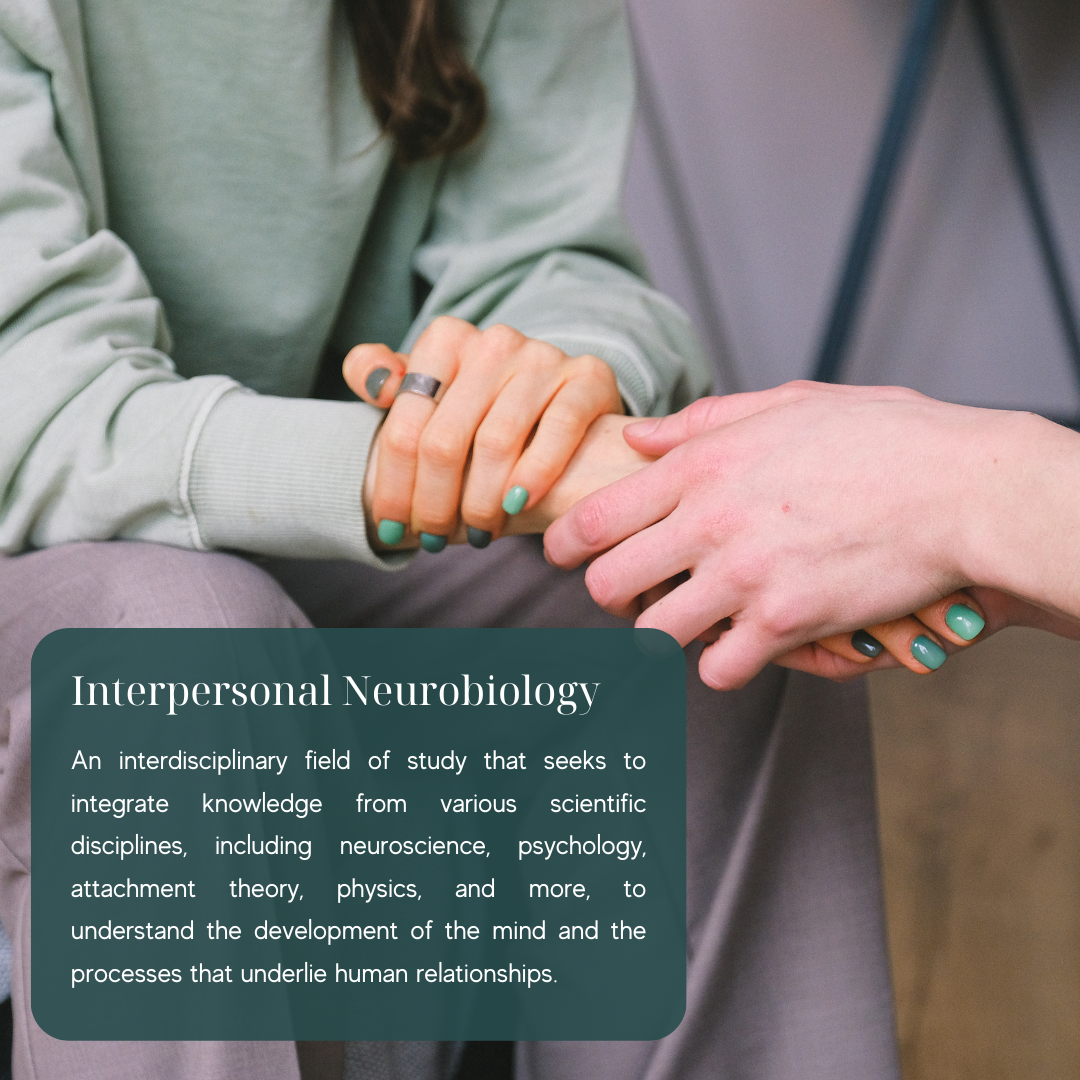
Interpersonal Neurobiology: The Science of Connection and Human Experience
Interpersonal Neurobiology (IPNB) is an interdisciplinary field of study that seeks to integrate knowledge from various scientific disciplines, including neuroscience, psychology, attachment theory, physics, and more, to understand the development of the mind and the processes that underlie human relationships. It focuses on how the brain, mind, and relationships interact and shape each other throughout a person's lifespan.

Our P.A.R.T. in Cultivating Relationships
Dr. Daniel J. Siegel, a clinical professor of psychiatry at the UCLA School of Medicine and founder of the field of Interpersonal Neurobiology, developed the concept of P.A.R.T. as a framework to understand and navigate interpersonal relationships. Here’s the P.A.R.T. you can play in cultivating healthier and more fulfilling connections with others.
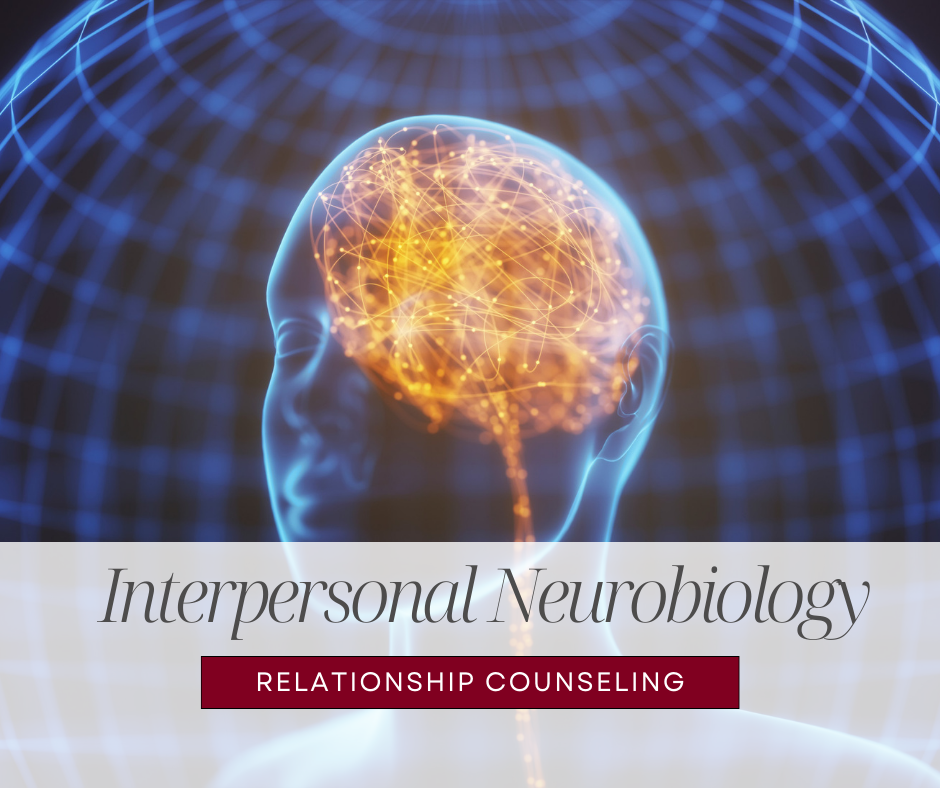
Interpersonal Neurobiology in Couples Counseling
Applying Interpersonal Biology to couples counseling can be a powerful way to understand and address the dynamics within a romantic relationship.
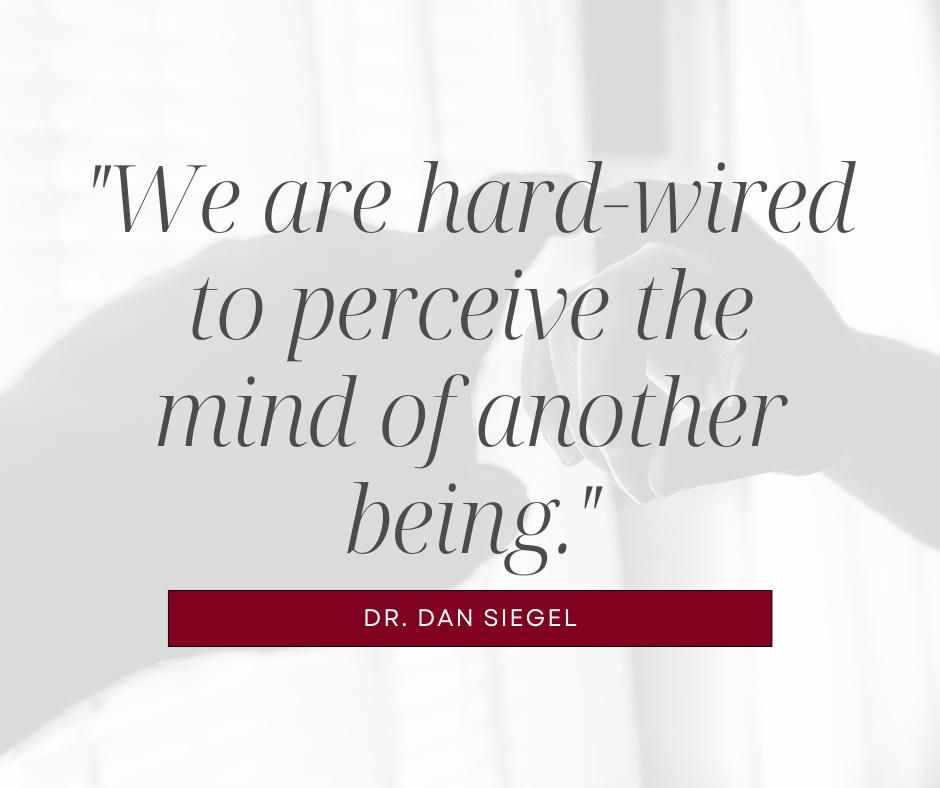
Mirror Neurons and Emotional Attunement
Mirror neurons play a pivotal role in empathetic responses by simulating observed actions, emotions, and sensations in the observer's brain. This simulation process leads to emotional resonance, enabling individuals to vicariously experience the emotions of others.
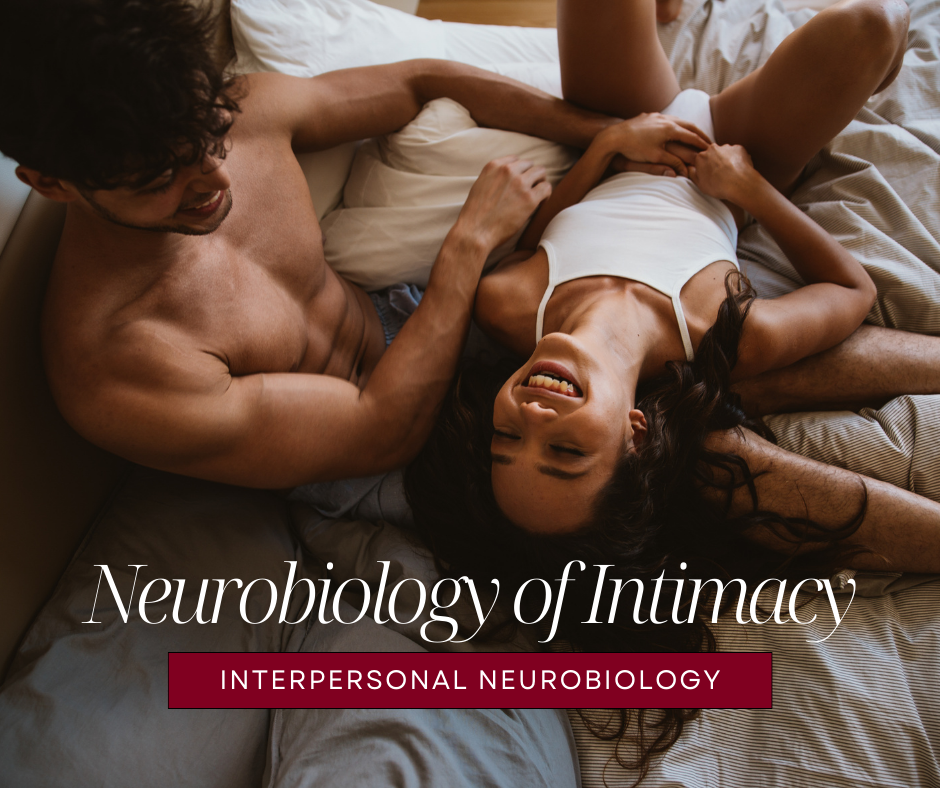
Neurobiological Foundations of Intimacy
Intimacy plays a pivotal role in shaping the quality of our relationships and overall well-being. Recent advances in neurobiology have illuminated the intricate neural underpinnings of intimacy, providing unprecedented insights into the mechanisms governing emotional and physical connection.
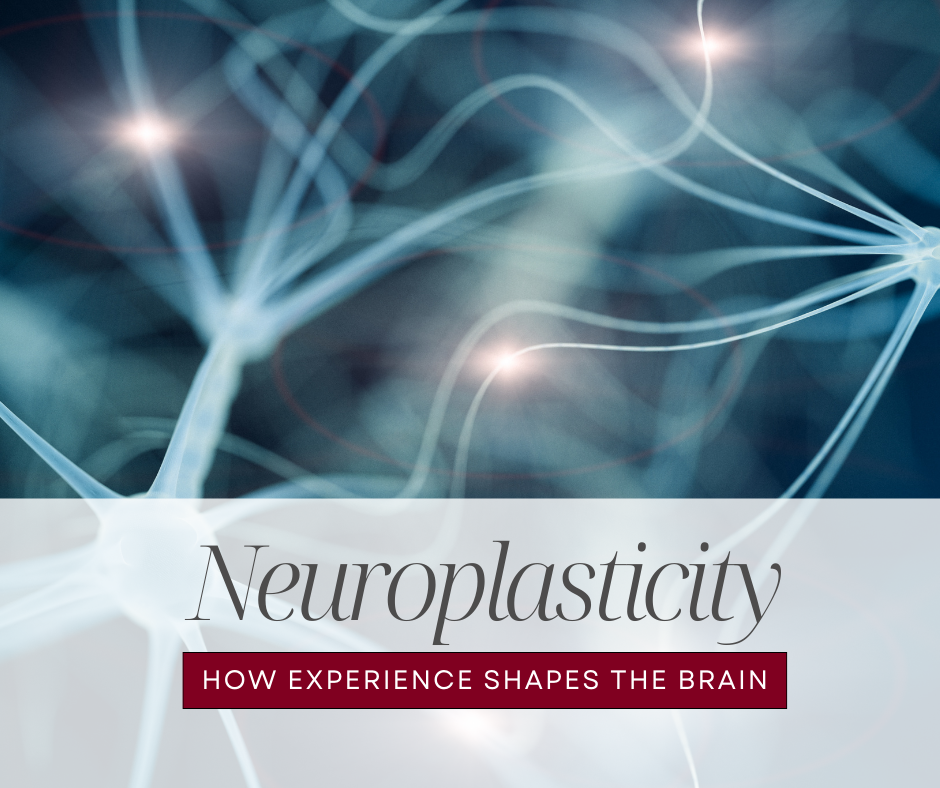
Neuroplasticity: How Experience Shapes the Brain
Neuroplasticity, the brain's remarkable ability to reorganize itself in response to experience.
